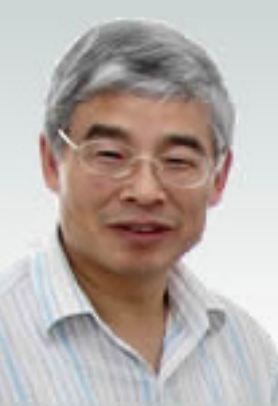EXTENDED ABSTRACT: The electrochemical system is a typical multi-scale multi-physics process, which involves the coupling of electric field, concentration field, temperature field and flow field from micro to macro. Traditional electrochemical thermodynamics, kinetics, and transport theories are difffcult to describe the electrochemical reaction and transport properties under the action of multiphysics. In view of this, based on the theory of molecular thermodynamics, we have developed a multi-scale electrochemical simulation method and software based on the chemical potential as a link to couple the microscopic molecular properties and the macroscopic multiphysics. The law of electron transfer-molecular/ion mass transfer at complex electrochemical interfaces was revealed, and the rational design of electrodes and electrolytes was guided. Combined with the intelligent algorithm and reaction-transport model, the coupling mechanism of electrochemical reaction-heat-mass transfer is clariffed, and the design and optimization of electrochemical materials and devices are guided.
Keywords: Electrochemical system, Simulation, Chemical potential, Electrode and electrolyte design, Coupling mechanism

Honglai Liu, Professor at East China University of Science and Technology. He possesses a Bachelor's in Chemical Engineering from Zhejiang University and advanced degrees, including a Master's and Ph.D., from East China Institute of Chemical Technology. He has been a part of the Department of Chemistry at East China University of Science and Technology since 1985, achieving professorial status in 1995. Currently, he sits on the editorial boards of Acta Chimica Sinica, Chinese Journal of Chemistry, and Journal of Chemical Engineering. In 2000, he was honored with the National Science Fund for Distinguished Young Scholars. With over 450 publications in international journals, Professor Liu has garnered two second-class and one ffrst-class provincial and ministerial-level Science and Technology Progress Awards for his groundbreaking research.